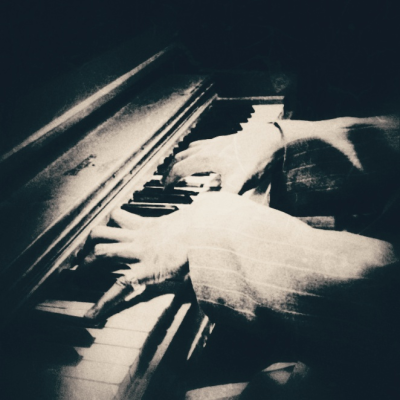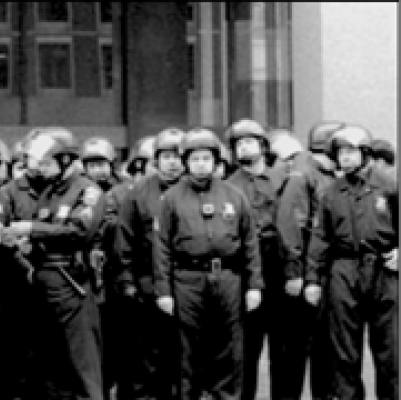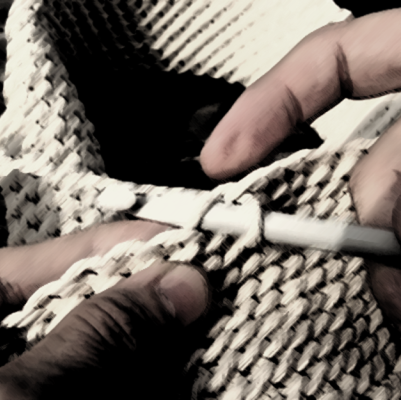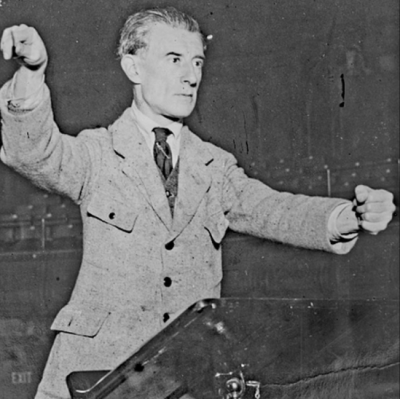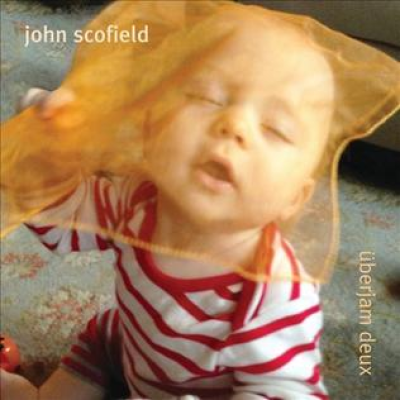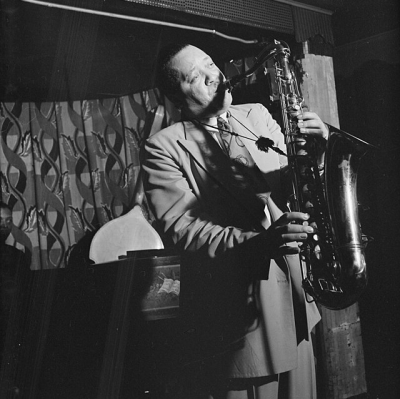.
.

Alan Yount, 1947 – 2025
.
___
.
Dear Readers:
…..I am saddened to report that Alan Yount, whose poems were frequently published on Jerry Jazz Musician, died on June 3 in Columbia, Missouri.
…..Alan was a wonderful poet – sensitive, succinct, emotionally aware – and from what I know of him, these qualities carried over into his daily life. His emails to me often exhibited an uncommon warmth – he communicated honest concern for me, encouraged me and my efforts in editing this website, and wrote without constraint about his love of jazz, his pride in performing it at an advanced age, and, especially, his devotion for his family.
…..His childhood friend Leslie Richards wrote in an email to me that after having open heart surgery a couple of years ago, he was not in great shape, but that he remained a heck of a musician, “so proud that even with health issues and advancing age (70s) he could still coax a high C out of his beloved trumpet.”
…..To honor Alan, I am publishing his obituary below (which he himself wrote), as well as a poem I published on Father’s Day, 2023, which was written by him and son Arlan. This father/son collaboration is a great example of who Alan Yount was. You can listen to them read the poem at its conclusion.
…..We have lost a very good man, a poet, and a friend.
Joe Maita
Editor/Publisher
.
.
___
.
.
…..Alan Harris Yount was born June 6th, 1947. He grew up in Kirkwood, Missouri and graduated from Kirkwood High School. For four years in high school, he played trumpet and was the leader of a well-known dance band, Alan Yount and the Starlighters. The band played many dances and proms all over St. Louis, and during their senior year, the band was booked every Friday and Saturday night. He was friends in high school with the internationally known jazz alto sax player, David Sanborn.
…..Alan received a B.A. in English and Business from Central Methodist University. He was a member of the social fraternity Tau Kappa Epsilon (T.K.E). He received an M.A. in English from the University of Missouri – Columbia.
…..He was a member of the U.S. Air Force Band and Stage Band at Lackland Air Force Base in San Antonio, Texas. He was also a member for six years of the Missouri Air National Guard Band and Stage Band in St. Louis, Missouri.
…..For several years he was the Assistant Manager of the Missouri Book Store, and Interim Manager of their bookstore in Los Angeles, California.
…..He received an M.A. in Library Science from the University of Missouri – Columbia, graduating with honors. He was in Beta Phi Mu, the International Library Science Honor Society. For many years, he was a faculty member at the University of Missouri – Columbia libraries and was in charge of Social Sciences Cataloging. After that he was in the private investment and property management business.
…..Alan was an avid outdoorsman. For over 30 years he fished and boated on the Missouri River. He thought nothing was finer than floating along the river with his friends, along the bluffs south of the Missouri River bridge. He had hiked and fished all over Missouri and was particularly fond of hiking in the Mark Twain National Forest.
…..Alan was a musicologist who had a great interest in jazz, big band, and rock music. He played trumpet every day and could still hit “high C”. He had heard and met the famous trumpet players Ray Anthony and Maynard Ferguson. He also played the upright bass and enjoyed playing along with jazz trio music.
…..Alan was interested in genealogy, and was directly related to the famous explorers, George C. Yount, Daniel Boone, Davey Crockett, and the Governor of Missouri during the Civil War, and former Brigadier General Claiborne Fox Jackson.
…..Alan had published over 100 poems, many in nationally known magazines such as “Spring: The Journal of the E.E. Cummings Society.”
…..Alan is survived by his wife, Jerra Groman Yount; his daughter, Anna Yount; his son, Arlan Yount; and his sister, Alice Yount. He is also survived by his stepchildren: Stacie Brackenberry (Jesse), Bryan Groman, and Neil Groman. As well as several step grandchildren: Morgan Naes (John), Michael Marberry (Alicia), Gaige Naes (Courtney), Sierra Groman, and Scout Groman. Alan was preceded in death by his parents, Thomas and Jane Yount.
.
“Who dies today, does not have to worry about the next.”
– William Shakespeare
.
.
___
.
.
Hans Bernhard (Schnobby), CC BY-SA 3.0 , via Wikimedia Commons
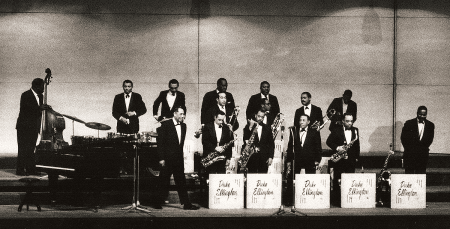
Duke Ellington Big Band, 1963
.
___
.
Duke Ellington’s Big-Band Orchestra:
Live at Basin Street East, New York City.
Summer 1964.
.
One: Inside The Club
We got inside the club, early,
…………..and dad said:
“let’s try and get a table
…………..right in front of the band.”
He said: “we will hear, & feel,
…………..as though we are in the band.”
(you won’t believe this)
…………..We sat down
at a table for two, in the front row.
…………..It must have been six feet away from
where the sax section would be.
.
Two: Duke Plays
Duke’s piano
…………..was just a couple
of feet to our left.
…………..We were close indeed.
All the musicians began
…………..to come out.
When Duke came out
…………..to the piano,
he gave a slight, sophisticated
…………..nod and bow, before sitting down.
At once he “touched those
…………..ivory keys,” as they say.
You knew for sure
…………..the melody he started was his theme song:
“Take the A train,”
…………..written by his great friend,
Billy Strayhorn.
.
Three: Billy Strayhorn is Introduced
Billy Strayhorn
…………..was invited out to the stage
by Duke,
…………..after he played “Take the A Train.”
He gracefully acknowledged
…………..that Billy wrote the song
(the two of them had written
…………..several other songs together).
“Take the A Train” became
…………..“the opener”
and the main theme song
…………..for the band.
.
Four: Johnny Hodges Plays
Johnny Hodges played the lead
…………..alto sax.
Sounding so low
…………..with tones – absolutely haunting…
How could you play
…………..in one song, solitude!
Deftly, desolate
…………..and so, so, softly delightful.
The tone & expressions from his alto sax
…………..… could be perceived as:
‘languishing in a lot of love
…………..down in him for sure.’
And in the song isfahan
…………..a far east tune,
notes were gentle and as smooth
…………..as poured hot liquid gold, &,
bent just like he wanted them to bend.
.
Five: Cat Anderson Plays
Cat Anderson played
…………..first, and lead trumpet.
He could soar on
…………..high scream’n notes
as though floating them
…………..up above the band and beyond.
Possibly higher
…………..than Maynard played,
possibly higher
…………..than Miles himself.
.
Six: Paul Gonsalves Plays
Paul was the second
…………..most popular player
besides
…………..Johnny Hodges.
“Satin Doll” was written by Duke and published in 1953.
…………..It would become,
in just a few years,
…………..a jazz ‘standard.’
Paul Gonsalves always played
…………..tenor sax on “Satin Doll.”
He played it
…………..as an instrumental.
How could Gonsalves …
…………..go
slower
…………..& with such great sound?
He whispered his way through,
…………..with what has defined:
the so, so, smooth
…………..sound of “Satin Doll.”
.
Seven: Cootie Williams, Plays
Making his trumpet talk
…………..using what was known as
the growl
…………..and plunger style –
especially with his song
…………..“Minnie the moocher” –
he knew
…………..how to make his trumpet really
“sound”
…………..and talk so different.
.
Eight: Harry Carney Plays
Harry Carney
…………..was
the main
…………..baritone sax player.
He played
…………..with that
circular breathing,
…………..right in front of us.
It seems,
…………..he went on forever
for several sixteen
…………..bar blues.
How did he do that?
…………..we saw
no time
…………..that he took a breath.
And,
…………..we sat
very close…
…………..Just six feet away.
(by the way. Amazing!)
…………..it was absolutely
……………………….amazing!
……………………………….And sounded like
……………………………………..the best bari sax
……………………………………………..ever played.
.
Nine: When The Concert Was Over
Dad and I
…………..walked out
…………..…………..on to basin street.
After listening
…………..to three full sets,
the jazz music, was finally over …
…………..the silence… hung on…
as though the air around the band
…………..…………..would not let us go.
Dad said: “you play trumpet
…………..and I play tenor sax!
We should join
…………..a big band, right now!”
I said, “for sure!”
you said, out of first thought:
“How about applying
…………..for duke’s big band
just the two of us!
…………..right now!”
.
..
.
Listen to Alan Yount and Arlan Yount read their poem
.
.
Postscript:
This poem is dedicated to Arlan Yount, my son, who moved back to Columbia, Mo, after my heart operation. He was the first one to show up that day, and asked me what I wanted. I asked him, “Can you go out and get me a copy of Old Man And The Sea, and read it to me.”
This is also dedicated to my mother, Jane Yount, and to my daughter
Anna Yount, who came to be by my side very early, and we held hands
together.
This is also dedicated to my wife, Jerra Groman, and to Stacie Naies, Jerra’s daughter, who came to St. Louis to see me.
It is also dedicated to my father, Thomas Yount, who played tenor sax,
and taught me how to play trumpet. We practiced every night together
for years.
Dad asked me once if he could play Benny Goodman’s “Let’s Dance.”
I was amazed, how he played perfectly playing along to Goodman’s L.P.
-Alan Yount
.
___
.
.
Click here to read poetry by Alan Yount that has been published over the years on Jerry Jazz Musician
.
.
Listen to The Benny Goodman Orchestra perform “Let’s Dance” [The Orchard]
.
.
___
.
.
Click for:
Information about Kinds of Cool: An Interactive Collection of Jazz Poetry
More poetry on Jerry Jazz Musician
“Saharan Blues on the Seine,” Aishatu Ado’s winning story in the 68th Jerry Jazz Musician Short Fiction Contest
More short fiction on Jerry Jazz Musician
Information about how to submit your poetry or short fiction
Subscribe to the (free) Jerry Jazz Musician quarterly newsletter
Helping to support the ongoing publication of Jerry Jazz Musician, and to keep it commercial-free (thank you!)
.
___
.
.
Jerry Jazz Musician…human produced since 1999
.
.
.







